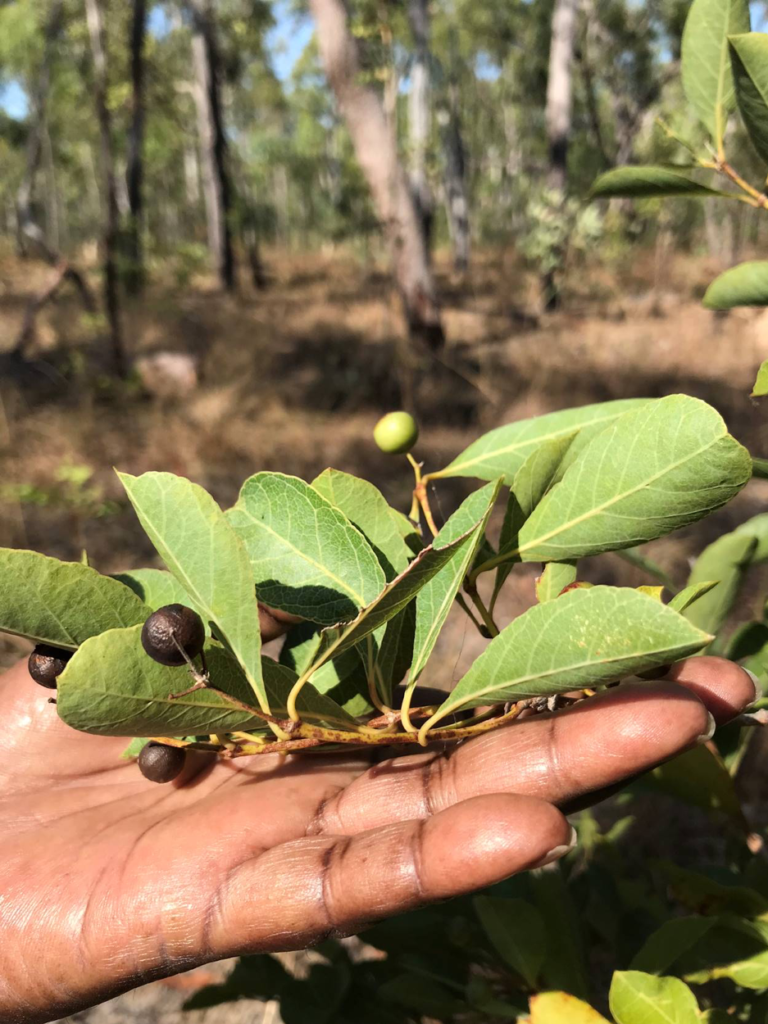Many children in the Cape York Peninsula community of Aurukun have never visited their traditional lands, the Wik estate.
The Archer River separates Aurukun from most of these lands, so they can only be accessed by boat and then 4WD or by a 15-hour drive, and most families lack the resources to visit on a regular basis.
Aak Puul Ngantam (APN) has acknowledged this disconnection as a significant long-term issue for cultural obligations and land management, and is working to support re-connection with traditional lands and to ensure this Country is cared for. The Northern Hub is working with APN to support this goal through co-developed research in the Defining metrics of success for feral animal management in northern Australia project.

The impacts of feral animals on waterhole values such as bush tucker were discussed at the camp.
As part of the project, researchers Justin Perry and Pethie Lyons visited the difficult-to-access southern section of the Wik Native Title area with Traditional Owners from Aurukun. During the trip, a senior Walgnal Traditional Owner shared vital information about cultural obligations and expressed a clear desire to reinvigorate connections with this Country. Other important cultural and land management issues were also discussed, including the impacts of feral animals on waterhole values such as bush tucker. Information was recorded and reported back to APN, with much of this informing the Hub project.

Setting up fauna traps on Wik homelands, photo Justin Perry.
This collaborative research has become essential element of forward planning for APN. The work was a primary focus of a recent APN planning meeting and helped facilitate important discussions about long-term access to remote Country, reconnection activities and caring for Country. A hardcover book of photos taken during the trip, produced rapidly in collaboration with APN on request from the Walgnal families, is also helping people connect to the area and its stories.
Another initiative that is promoting connections with Country is the APN Returning Generations Camp, and Justin and Pethie were invited to run scientific activities on Country alongside cultural activities run by senior Traditional Owners. Here school students, APN rangers and other Traditional Owners conducted fauna surveys and an iPad tracking exercise.
These activities show future generations how science and traditional knowledge can be combined to manage land, and Justin continues to promote them (e.g. see this recent post).
This work of assisting cultural re-connection to difficult-to-access traditional lands will likely be one of the most important legacies of the project. It’s hoped that future investments will help consolidate this re-connection so Aurukun kids will always know their Country and be able to manage it well.
https://www.facebook.com/apncapeyorkau/videos/vb.146828775378780/1119818284884583/?type=2&theater
Research outputs
Journal article
Factsheets
Videos & presentations
Project webpage
Facebook posts from APN
Attributions


